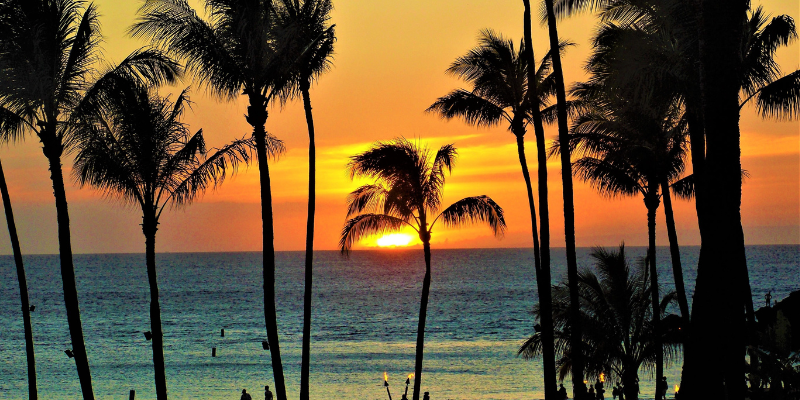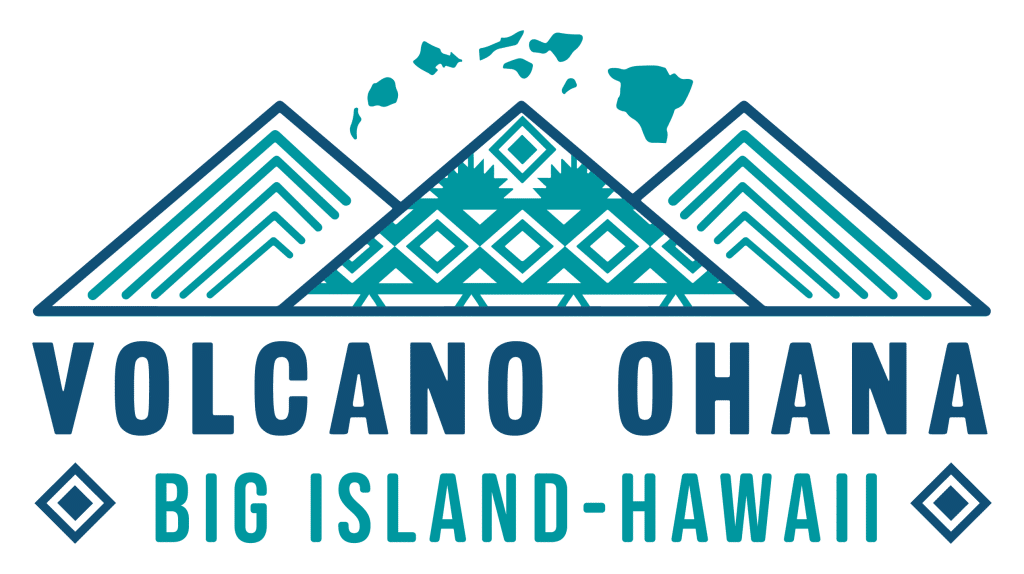The Delicate Balance of Tourism in Hawaii
By: Volcano Ohana | November 11th, 2023
Hawaii, with its breathtaking landscapes, crystal-clear waters, and vibrant culture, has long been a dream destination for travelers from around the world. Nestled in the Pacific Ocean, this tropical paradise offers a unique blend of natural beauty and cultural diversity that draws millions of tourists each year. The impact of tourism on Hawaii’s economy is undeniable, as it serves as the lifeblood of the state, bringing in billions of dollars and creating job opportunities for thousands of residents. In this blog, we will explore the positive effects of tourism on Hawaii’s economy and why it continues to be a thriving industry.

Tourism in Hawaii: A Snapshot
Hawaii’s tourism industry has been flourishing for decades, and it’s easy to see why. The archipelago offers a wide range of attractions that appeal to various types of travelers. From world-famous beaches like Waikiki and Maui’s Kaanapali, to the stunning volcanic landscapes of Hawaii Volcanoes National Park, and the rich cultural experiences found in the historic city of Honolulu, there’s something for everyone in the Aloha State.
Tourists flock to Hawaii not just for its natural beauty but also for its vibrant culture and heritage. Hula dances, luaus, and cultural festivals showcase the island’s rich history and traditions. Visitors can explore historical sites like Pearl Harbor and Iolani Palace, providing them with a deeper understanding of Hawaii’s place in American history.
Positive Economic Impact of Tourism in Hawaii
Hawaii’s tourism industry plays a pivotal role in the state’s economy, contributing positively in various ways.
- Job Creation: Tourism is a significant source of employment in Hawaii. From hotels, restaurants, and tour operators to retail stores and transportation services, countless jobs are directly and indirectly linked to the tourism industry. These jobs offer opportunities for the local population and immigrants alike.
- Economic Growth: The tourism sector contributes substantially to the state’s GDP. In 2019, tourism-related expenditures in Hawaii amounted to over $17 billion, according to the Hawaii Tourism Authority. This economic activity stimulates growth and development in many other industries, including construction and agriculture.
- Tax Revenue: The revenue generated from tourism-related taxes, such as the Transient Accommodation Tax and General Excise Tax, helps fund public infrastructure and services, which benefit the entire community. These funds support education, healthcare, and other essential public services.
- Small Business Support: Hawaii’s tourism industry provides a lifeline for small businesses. Local entrepreneurs often operate boutique hotels, tour agencies, souvenir shops, and restaurants that cater to tourists. These enterprises can thrive thanks to the steady flow of visitors.
- Preservation of Natural and Cultural Assets: The revenue generated from tourism is often reinvested in preserving Hawaii’s natural beauty and cultural heritage. Initiatives to maintain parks, historical sites, and natural reserves are essential to keep the islands attractive to tourists and enjoyable for residents.
Sustainable Tourism Practices
While tourism brings numerous benefits, it’s crucial to maintain a balance between economic development and preserving the natural environment and culture of Hawaii. Sustainable tourism practices aim to protect the islands’ resources and ensure the well-being of future generations.
- Conservation Efforts: The tourism industry often supports conservation initiatives. Organizations and businesses work to protect Hawaii’s unique flora and fauna, such as the Hawaiian green sea turtle and the native forests. Tourists, too, are educated on responsible practices, such as not disturbing wildlife and respecting the delicate ecosystems.
- Cultural Preservation: Efforts to promote cultural awareness and respect for Hawaiian traditions are an integral part of sustainable tourism. Visitors are encouraged to learn about and participate in cultural activities, fostering a deeper connection with the islands’ heritage.
- Sustainable Accommodations: Many hotels and resorts in Hawaii have adopted eco-friendly practices. From reducing water and energy consumption to using locally-sourced products, these establishments aim to minimize their environmental impact while providing guests with a memorable experience.
- Community Involvement: Engaging local communities in the tourism industry is vital. Supporting and promoting local artisans, farmers, and businesses not only bolsters the local economy but also provides authentic experiences for tourists.

Conclusion
Hawaii’s tourism industry stands as a vital pillar in the state’s economic foundation, fostering employment, catalyzing economic development, and generating essential revenue for public services. Although not without its challenges, the prospect of addressing these issues while embracing opportunities for diversification and sustainable tourism practices is well within reach. By carefully harmonizing economic expansion with the preservation of environmental and cultural treasures, Hawaii can perpetuate its status as a sought-after paradise, drawing millions of visitors annually while safeguarding the welfare of its residents and the integrity of its natural splendor and heritage. As Hawaii navigates the dynamic terrain of tourism, there exists the promising potential for it to emerge as a beacon of sustainable and responsible travel—a shining example in a world where such practices are increasingly imperative.
So, don’t hesitate—come experience the wonders of Hawaii firsthand!
Reserve Your Stay with Volcano Ohana’s Vacation Rental:
- Living Room: Comfortable Couch, Entertainment Center
- Primary Bedroom: Queen Bed, Pack & Play Crib
- Secondary Bedroom Queen Bed, Twin Bunk Bed
- Kitchenette: Refrigerator, Microwave Oven, & Air Fryer
- Full Bathroom: Tub/Shower Unit
Book a Volcanoes National Park e-Bike Tour!
- Fat Tire E-Bike for Each Person
- Length of Tour: 3 hours
- Ride Through Volcanoes National Park
- Water & Snacks Included
- Knowledgeable Guides




Recent Comments